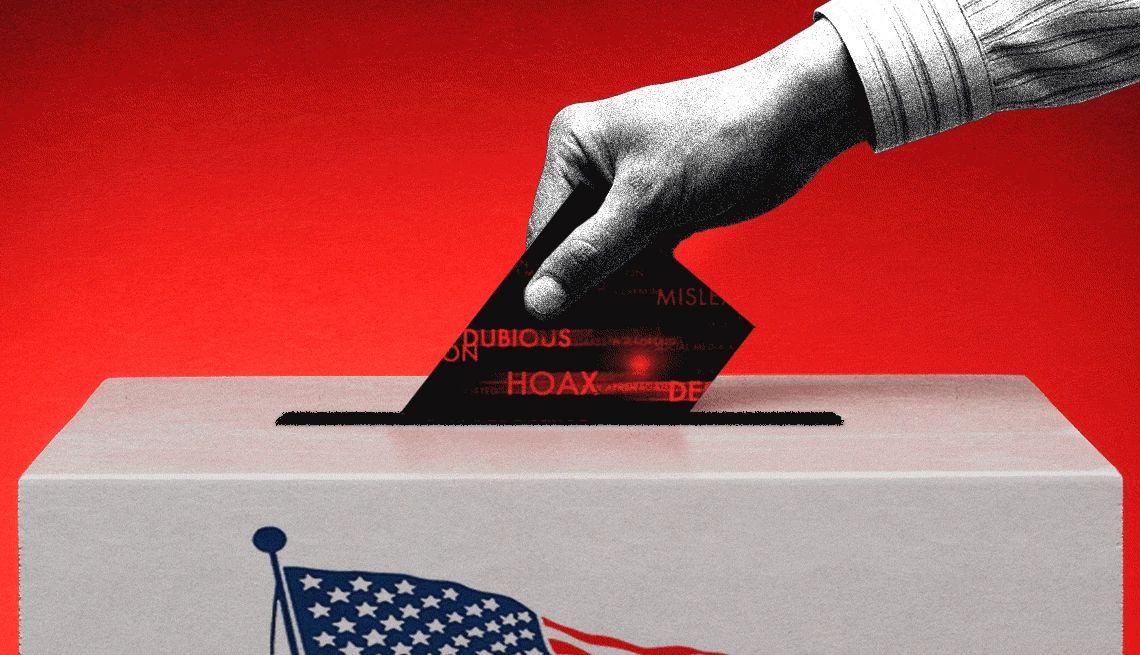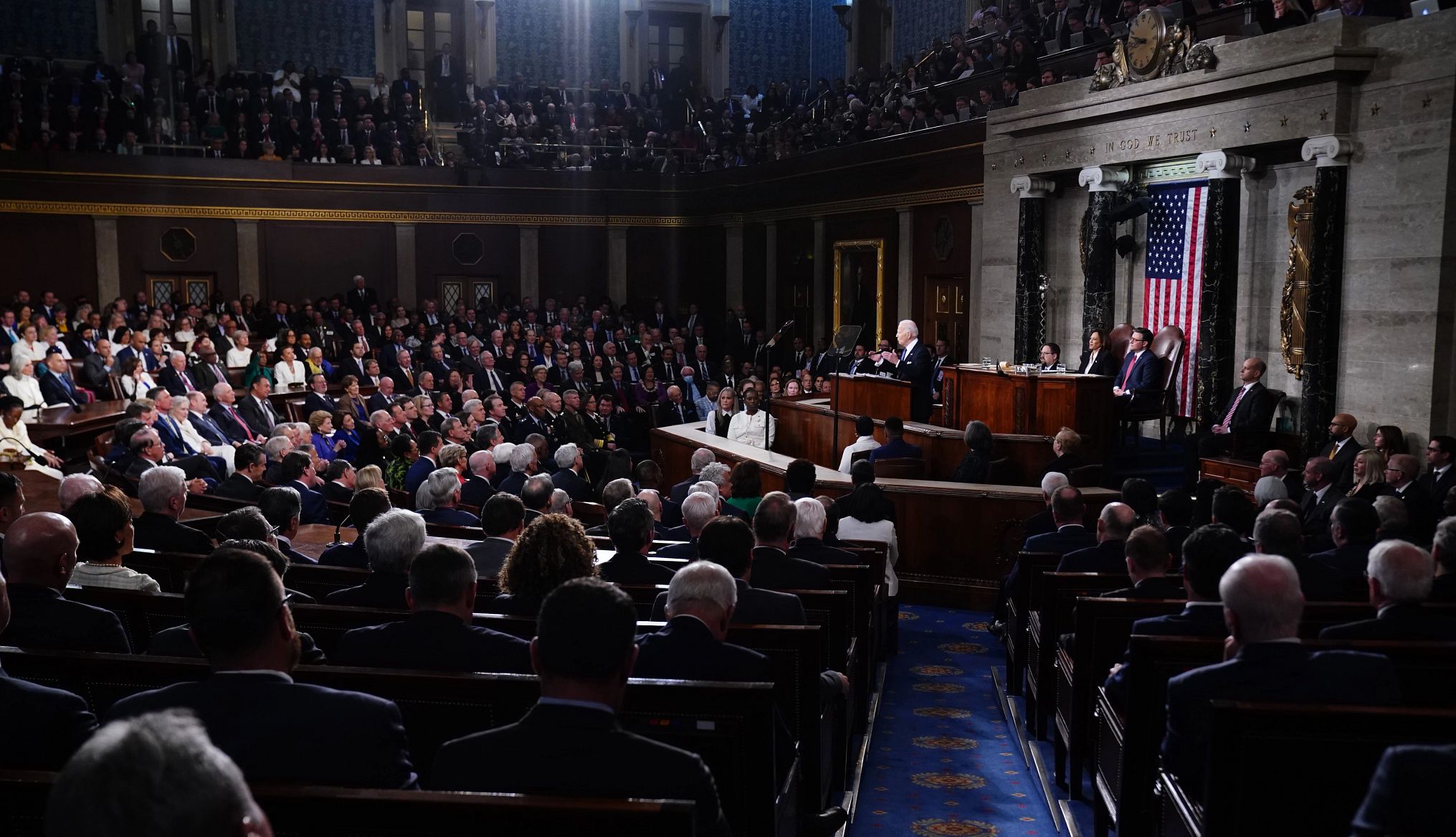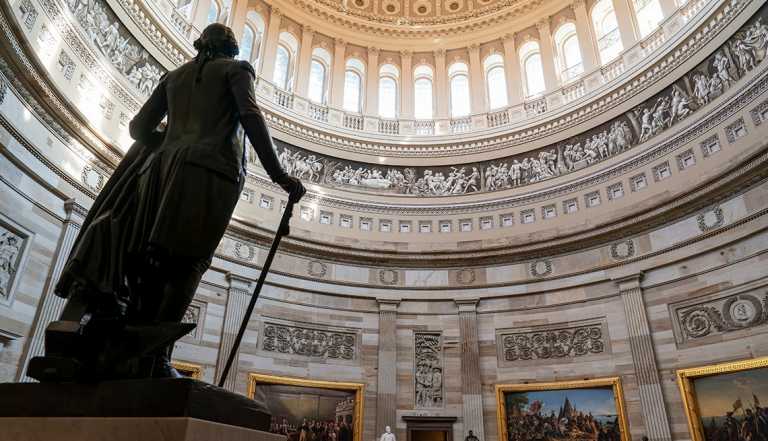Staying Fit
Government & Elections
Read news and features on government, politics, voting and vital issues 50-plus Americans care about — from Medicare to Social Security to the economy
Voter resources
AARP Issue Briefs
AARP IN YOUR STATE
Find AARP offices in your State and News, Events and Programs affecting retirement, health care and more.












































































